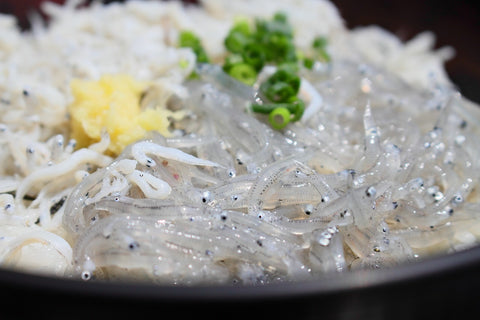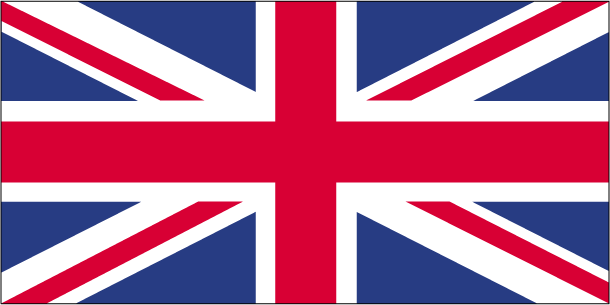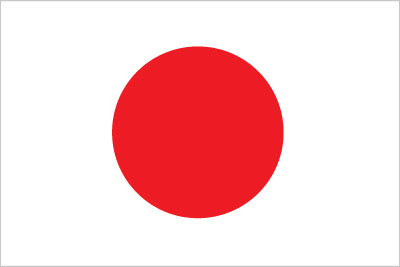
What kind of Japanese food do Germans dislike? About likes and dislikes of Japanese food
I think that there are many opportunities for Japanese people who have moved to Germany to have meals with German people.
In addition to eating at restaurants, you may also invite friends to your home and serve them Japanese food.
However, as you know, it is also true that there are some differences between German and Japanese diets.
Even if you go to great lengths to serve the food, it would be a shame if the other person didn't like it and was happy with it.
To prevent this from happening, it is very important to understand the likes and dislikes of German food.
So this time, we will look at German likes and dislikes of Japanese food.
What kind of Japanese food do Germans like or dislike?
There are many things that Japanese people think are delicious, but German people don't think so.
There are various reasons for this, such as differences in eating habits between Germans and Japanese, and unaccustomed eating because there is no similar food around us in the first place.
Here are some specific examples of Japanese food that you may or may not like.
natto

For many Japanese, natto is probably the most easily imagined Japanese food that foreigners like and dislike.
Even if you look around German ingredients, you can hardly find anything similar to natto.
You can find Asian ingredients and seasonings, including Japanese food, in most supermarkets, but there are very few shops that carry natto.
With its unique smell, sticky texture, and stringy appearance, it is a very strange ingredient to Germans, and many people are puzzled by its uniqueness.
We Japanese are used to eating it, so it may not feel like it, but some Germans don't know how to eat it.
octopus

This is also a familiar ingredient in Japan, but although there are regional differences in Europe, it is not so common in Germany.
In countries along the Mediterranean coast such as Spain and Italy, there is a traditional custom of eating octopus.
In the first place, there is a history that people have been reluctant to eat octopus for religious reasons.
It is well known that the British despised octopuses, calling them "devilfish".
One of the reasons for this is said to be the precepts of Judaism, which became the origin of Christianity.
According to Jewish law, eating octopuses and squid that do not have fins or scales is prohibited.
In addition to such a historical background, it is said that people have come to avoid eating octopus because of its appearance.
Recently, sushi has become common in Germany, and Germans have more opportunities to eat raw fish. There are still many people.
Anko

Anko is one of the most popular Japanese sweets in Japan, but many Germans don't like it.
The reason for this seems to be the unique sweetness of red bean paste.
Of course there are sweet things like cakes and chocolates in Germany, but the sweetness of red bean paste seems to be too sweet for Germans.
In the first place, it seems that Germans are surprised to eat sweet boiled beans, and it seems that such a rarity has become a Japanese sweet that divides likes and dislikes.
Large plate dishes, hot pot dishes

For Japanese people, it is a common sight to share a large plate of food with others, or to eat hot pot dishes together in the winter. There is no custom of sharing and eating at a restaurant, and it is common to own your own plate.
In Japan, it's normal for a plate to come out when you eat at a restaurant, but in Germany, it's almost unheard of unless the waiter asks for it.
I think it depends on the restaurant, but it seems that if you ask for a plate, you may get confused or get a bad look.
There are more and more Japanese and Asian restaurants in Germany, so of course there are people who don't mind sharing, but there are still many people who are reluctant to do so.
I think it is necessary to pay attention to these cultural differences when dining with Germans or when inviting them to your home.
rice with egg

In Japan, it is a standard menu that is delicious with soy sauce added, but this is also a favorite or disliked for Germans.
In the first place, raw eggs are prone to salmonella food poisoning, and in order to eat them safely, they must be thoroughly washed.
Compared to other countries, Japan has a more thorough hygiene management of eggs, so even if you eat raw eggs, it is rare for you to get sick. There are very few countries that manage to make it safe to eat.
Of course, there are dishes and alcoholic beverages that use raw eggs in Europe, but it is common to cook them thoroughly over a fire, so I am wary that raw eggs may not be hygienic. It seems that there are many Germans.
Shirasu

I think there are many people who enjoy Shirasu with rice.
In Japan, raw shirasu-don can be eaten in Kamakura, and is very famous.
However, some Germans find the sight of large amounts of whitebait on rice to be disgusting.
It seems strange to Germans who are not accustomed to eating the whole fish because they don't like the fact that there are so many small eyes of whitebait on the rice.
As I touched on when I talked about octopus, in Europe it was not customary to eat raw fish.
Japanese sushi and sashimi are gradually becoming popular in Germany, but there are still many unfamiliar foods.



